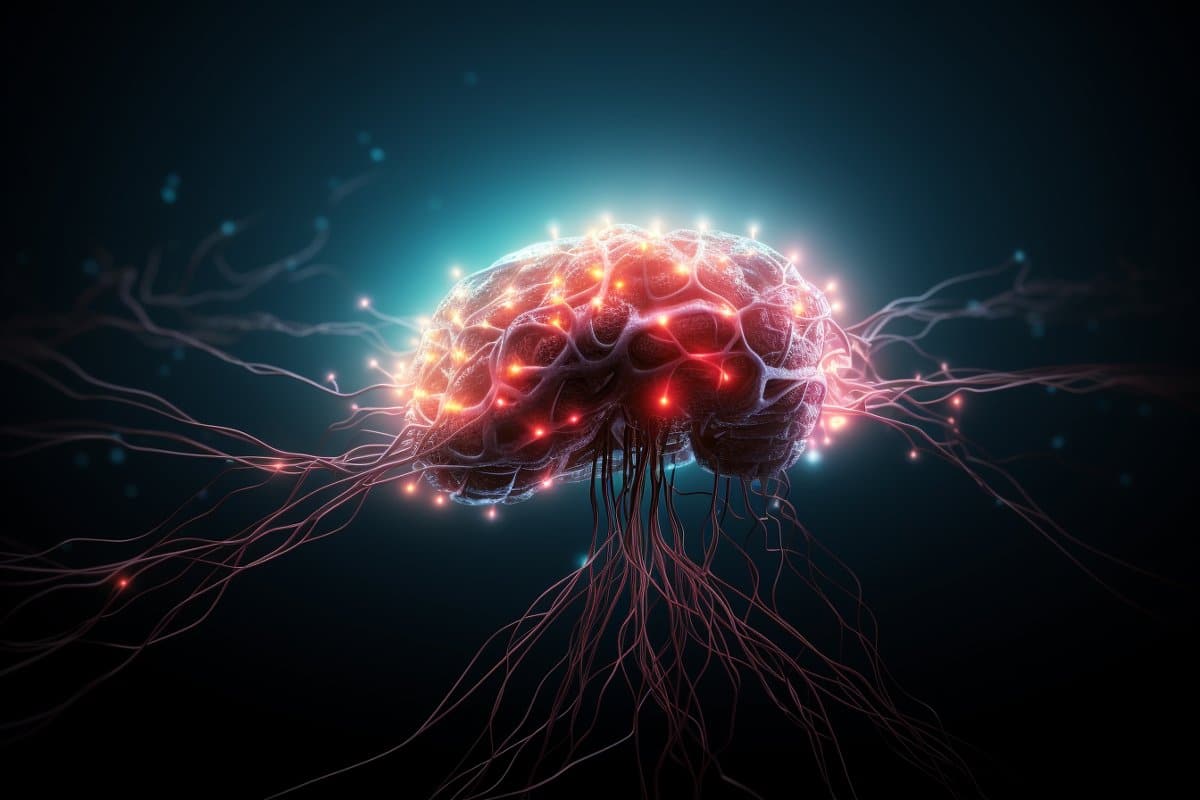Well then have your doctor explain precisely how Pedro Bach-y-Rita recovered.
Pedro Bach-y-Rita had a stroke in 1958, it destroyed a large portion of
his brain stem and yet over the last 7 years of his life he recovered
most of his faculties. We have the methods he used, your doctor should be able to
modify them to help you. If you have a competent doctor!
Brainstem stroke recovery How Pedro recovered in here.
The latest here:
Brain Doesn’t Rewire Itself, but Enhances Existing Abilities
Summary: Contrary to popular belief, the brain does not completely rewire itself in response to injury, such as loss of sight or amputation.
Researchers argue that the brain enhances or modifies its pre-existing architecture through learning and repetition rather than repurposing regions for new tasks. While the brain can adapt to changes, it doesn’t create entirely new functions in unrelated areas.
Understanding the true nature of brain plasticity is crucial for setting realistic expectations in patient care and rehabilitation.
Key Facts:
- The study challenges the common notion that the brain can entirely reorganize itself in response to injury or deficits, suggesting that it enhances existing abilities.
- Researchers examined ten seminal studies that purportedly showed the brain’s ability to reorganize and found that it utilizes latent capacities that were present since birth.
- Understanding the limits of brain plasticity is essential for guiding clinical practitioners in rehabilitation and managing patient expectations.
Source: University of Cambridge
Contrary to the commonly-held view, the brain does not have the ability to rewire itself to compensate for the loss of sight, an amputation or stroke, for example, say scientists from the University of Cambridge and Johns Hopkins University.
Writing in eLife, Professors Tamar Makin (Cambridge) and John Krakauer (Johns Hopkins) argue that the notion that the brain, in response to injury or deficit, can reorganise itself and repurpose particular regions for new functions, is fundamentally flawed – despite being commonly cited in scientific textbooks. Instead, they argue that what is occurring is merely the brain being trained to utilise already existing, but latent, abilities.

One of the most common examples given is where a person loses their sight – or is born blind – and the visual cortex, previously specialised in processing vision, is rewired to process sounds, allowing the individual to use a form of ‘echolocation’ to navigate a cluttered room. Another common example is of people who have had a stroke and are initially unable to move their limbs repurposing other areas of the brain to allow them to regain control.
Krakauer, Director of the Center for the Study of Motor Learning and Brain Repair at Johns Hopkins University, said: “The idea that our brain has an amazing ability to rewire and reorganise itself is an appealing one. It gives us hope and fascination, especially when we hear extraordinary stories of blind individuals developing almost superhuman echolocation abilities, for example, or stroke survivors miraculously regaining motor abilities they thought they’d lost.
“This idea goes beyond simple adaptation, or plasticity – it implies a wholesale repurposing of brain regions. But while these stories may well be true, the explanation of what is happening is, in fact, wrong.”
In their article, Makin and Krakauer look at a ten seminal studies that purport to show the brain’s ability to reorganise. They argue, however, that while the studies do indeed show the brain’s ability to adapt to change, it is not creating new functions in previously unrelated areas – instead it’s utilising latent capacities that have been present since birth.
No comments:
Post a Comment